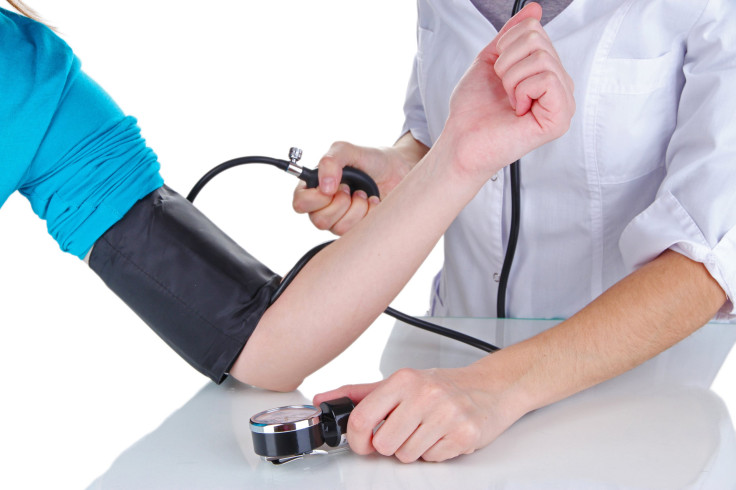High Blood Pressure In Teens, Young Adults A Sign Of Hardened Arteries Down The Road

Your blood pressure during your teens and early twenties, though often naturally low due to youth, may have something to do with your cardiovascular health in later years, according to new research from Northwestern University Feinberg School of Medicine. In the new study, which was published in JAMA, researchers found that having higher blood pressure during your teens and twenties was actually linked to hardened arteries at age 40.
The study, led by epidemiologist Norrina Allen, points out the significance of maintaining cardiovascular health at a young age. “We need to be aware that what happens when we’re young adults is going to have an impact,” Allen told NPR.
The study reviewed 4,600 men and women throughout several different states and followed them for 25 years. They found that 19 percent of them had blood pressure that was much higher than their peers, and that another 5 percent started with high blood pressure that gradually rose. Though these blood pressure readings fell within “normal” range for their age, it was higher than average and thus they were more likely to develop hypertension by age 40. Hypertension is also known as high blood pressure or arterial hypertension.
Interestingly, one-third of American adults have high blood pressure, but doctors don’t really worry or attempt to control it until middle age. Allen believes that though medication isn’t necessary at such a young age, it’s important to point out how these young people can improve their lifestyles and cardiovascular health.
“While you wouldn’t prescribe medications for this group, you might have conversations with those individuals about ways they can improve their diet or increase physical activity,” Allen told NPR. She notes that “many of these cardiovascular risk factors are cumulative,” meaning they often occur over a long period of time and are a combination of things, from smoking to living a sedentary lifestyle.
Indeed, healthy young people are not often prone to worry about blood pressure — it’s something they’ve probably seen their grandparents do every once in a while. But moving on to college at age 18 is often a major lifestyle change that can have an effect on eating, sleeping, and exercise habits. Keeping an eye on small signs like blood pressure can have a major impact later on down the road.
Many things can help lower blood pressure, such as eating a balanced and healthy diet, as well as losing weight if the person is obese. Lowering sodium intake can also make a difference, as well as regular physical activity and decreased alcohol consumption.



























